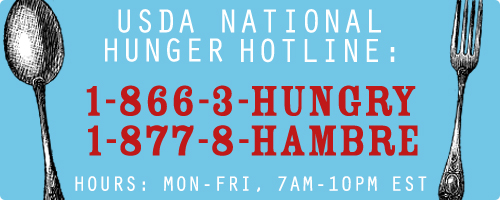South Carolina holds strong in the top 15 states for School Breakfast participation.
Columbia, SC — The number of low-income students who participated in the School Breakfast Program in South Carolina increased last year, according to the annual School Breakfast Scorecard released yesterday by the Food Research & Action Center (FRAC). The scorecard compares the rate of participation of low-income students in the School Breakfast Program compared to the rate of participation in the National School Lunch Program in each of the 50 states and District of Columbia. The percent participation of the Breakfast Program rose to 63.1 percent of the participation for the School Lunch Program during the 2019-2020 school year, compared to 62.1 percent in 2018-2019.
South Carolina was one of 17 states to reach at least 60 low-income children with school breakfast for every 100 participating in school lunch. Among schools that participate in the National School Lunch Program, South Carolina is a top state for also offering access to the School Breakfast Program, ranking fourth in the nation in the 2019-2020 school year with 99.7 percent participation, trailing only Delaware, Georgia, and Texas. More than 274,000 students had access to School Breakfast through the program in South Carolina for the 2019-2020 school year.
The FRAC School Breakfast Scorecard also sets forth the federal funds forfeited by each state that fails to meet its recommended benchmark of 70 percent School Breakfast participation among School Lunch participants. If South Carolina were to meet FRAC’s recommended threshold, that would equate to over 25,000 more low-income students receiving school breakfast, and close to $5 million dollars in additional federal nutrition funding flowing into our state.
“Though South Carolina has held steady among many of these School Breakfast Program statistics, there’s still work that needs to be done,” said Sue Berkowitz, Director of South Carolina Appleseed Legal Justice Center. “The COVID-19 pandemic has revealed how close many people are to economic devastation. If we become complacent, South Carolina will slip on many of these statistics. Before the pandemic, School Breakfast was one of the best ways to improve student performance and fight food insecurity in our state and that’s still true. But we can do better. We must close the gap between the number of students who have breakfast available to them but do not participate.”


